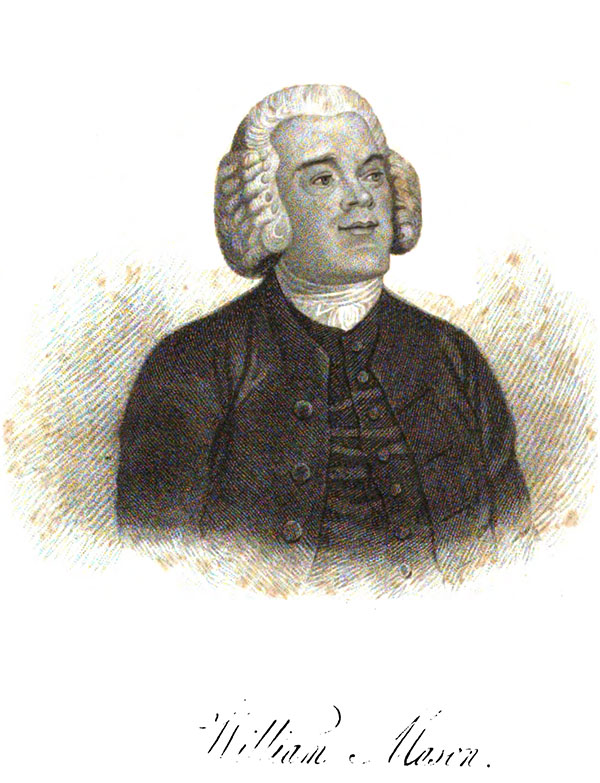Beware covetousness

William Mason
Today's Devotional
Take heed and beware of coveteousness—Luke 12:15 (KJV).
It is said, if a person seeks for the philosopher’s stone (which turns all metals into gold) with a covetous desire to be rich, he may be sure not to find it. We are sure, that precious jewel, contentment, is not to be found in a covetous heart. Let philosophers and moralists reason ever so persuasively against the evil of covetousness, yet the love of money will rise superior to all. What mighty charms are there in gold! But the voice of our Beloved here speaks; His words are spirit and life. Hear then, oh disciple: “Take heed and beware.”
Consider this admonition of your Lord which is doubled. “Take heed: Beware.” Just as the loving parent, seeing his dear child running into the jaws of danger, cries out with vehemence, “Take care, take care!” Fix this in your mind, there is great, very great danger here. Our Lord sees it: his love speaks with the utmost earnestness, that we may avoid covetousness....
Consider the evil of covetousness. That insatiable desire prevents present contentment, destroys thankfulness, yes, and keeps the enjoyment of Christ out of the heart.... Will any one ask, what harm is there in the love of riches, and coveting them? Paul expressly answers, “a covetous man is an idolater” (Ephesians 5:5). Is there no harm in that? Our Lord says, “Seek first”— principally, chiefly, and above all other things—“the kingdom of God, and all these things shall be added” (Matthew 6:33). Is there no harm in reversing Christ’s command; putting a slight upon his kingdom of love, righteousness, peace, and joy in the Holy Ghost, so as to prefer riches before it? ... Are the unsearchable riches of Christ enough to satisfy your mind, or are they not? Can enjoyment of fellowship with Christ make your heart happy or not? Have you faith to believe this, or have you not? Does Christ here caution you to no purpose, where there is no danger? Oh lay this to heart, and cry to the Lord. Covetousness is natural to us. Lively faith in Christ will kill it; for it will enable the soul to say with Paul, “I am full and abound” (Philippians 4:18).
About the author and the source
As a boy, William Mason (1719–1791), while outwardly moral, had no peace with God until he attended a Wesleyan chapel and found his righteousness in Christ. As a preacher and author, he rose at four in the morning to ransack Scripture for promises and to write the meditations that appear in his Spiritual Treasury.
William Mason. A Spiritual Treasury for the Children of God. New York: Deare and Andrews, 1803.





